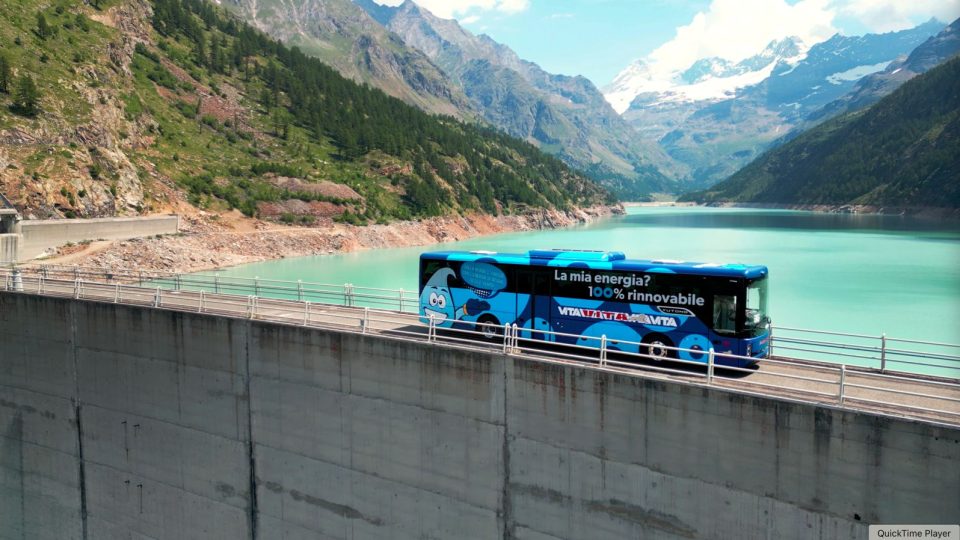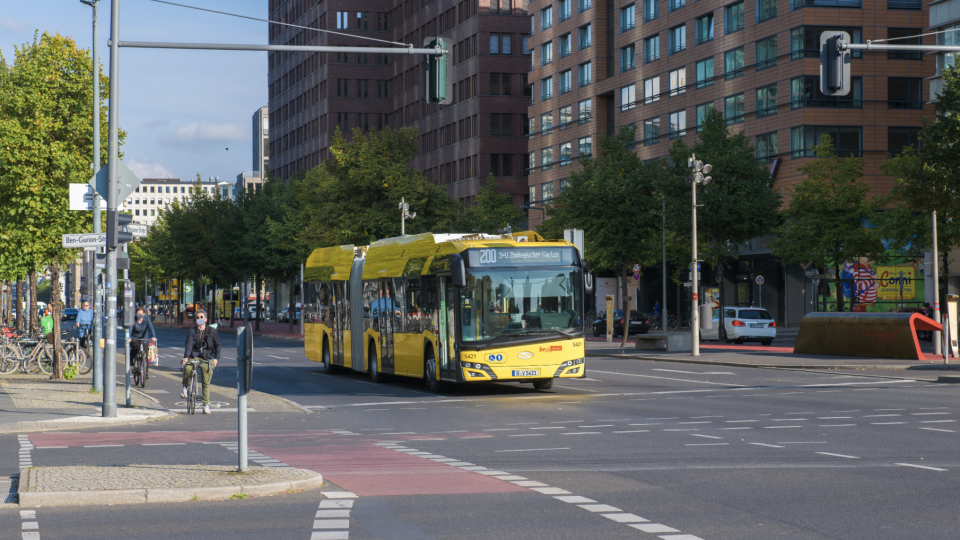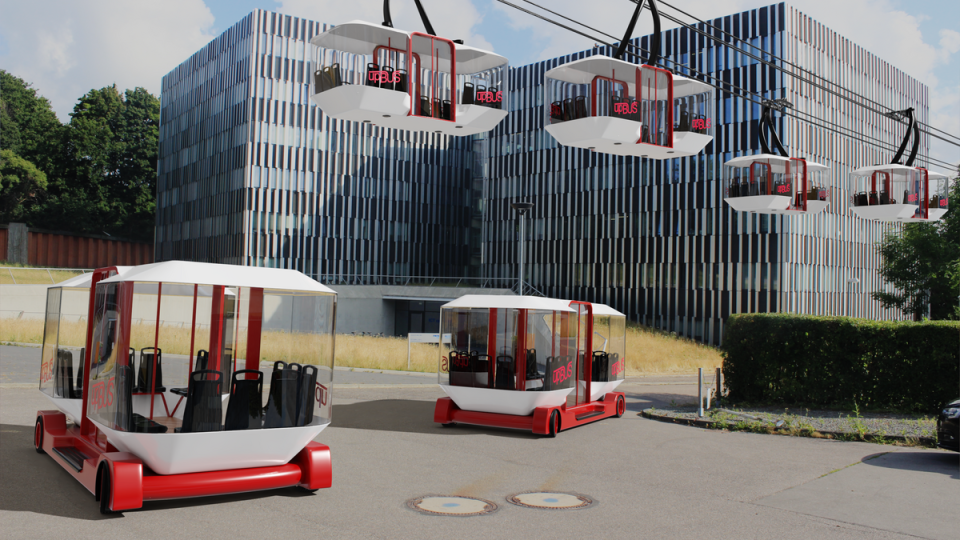VDV praises at German hydrogen strategy. «Fuel cell technology for long bus routes»
The German strategy on hydrogen gets the appreciation of the national transport association VDV, that consider hydrogen buses a feasible alternative for public transport services on long routes. The industry organization in fact welcomes the National Hydrogen Strategy adopted today in the Federal Cabinet. “The development of climate-neutral drive technologies is dynamic. We are observing great […]
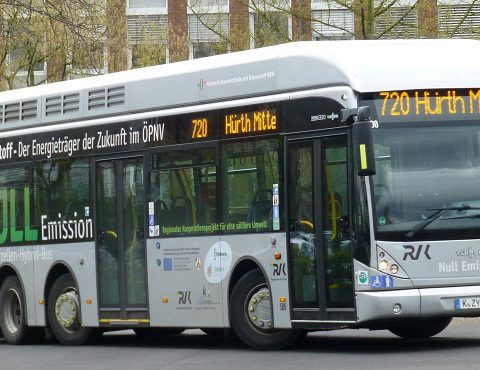
The German strategy on hydrogen gets the appreciation of the national transport association VDV, that consider hydrogen buses a feasible alternative for public transport services on long routes.
The industry organization in fact welcomes the National Hydrogen Strategy adopted today in the Federal Cabinet. “The development of climate-neutral drive technologies is dynamic. We are observing great progress. While in cities and suburban areas the battery-electric buses are already making a growing contribution, hydrogen buses can be an alternative for longer routes” said Werner Overkamp, VDV Vice President.
In Germany, fuel cell bus deployment is already underway in Cologne – Wuppertal region: 40 Van Hool buses are on delivery, and will be followed by 25 Solaris hydrogen vehicles ordered in April 2020.
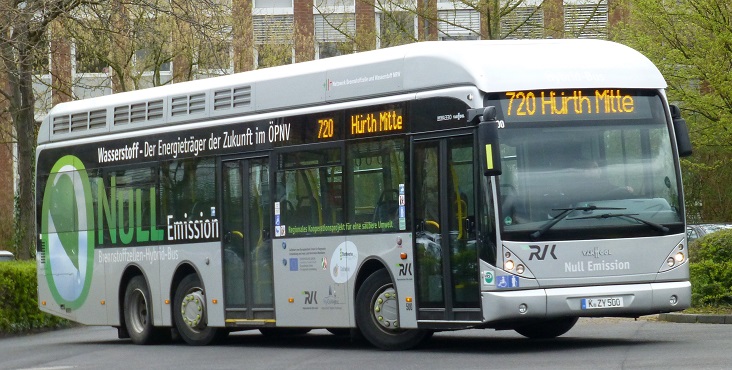
VDV welcomes the ramp-up of hydrogen technologies in Germany
So Werner Overkamp continues, in a press release from VDV: “The hydrogen strategy and the recent decisions of the committee, which provide seven billion euros for the market ramp-up of hydrogen technologies in Germany, form an important basis for this. It is now important that, in further discussions, the funding will also be available for for buses, trains and their infrastructures”,
The industry association VDV sees considerable potential in the increased use of new energy sources. For example, VDV points out, the industry is faced with the challenge that the number of manufacturers of hydrogen-powered buses is still very small and many system components are not yet fully developed. Furthermore, regular-service buses with alternative drive systems are still comparatively expensive to purchase.
“We need a mix of different environmentally friendly and low-emission technologies. After all, the actual use on site depends on region, fleet size and operating range. In addition to buses, there are also suitable applications in rail transport, especially on non-electrified routes,” Overkamp concludes.




